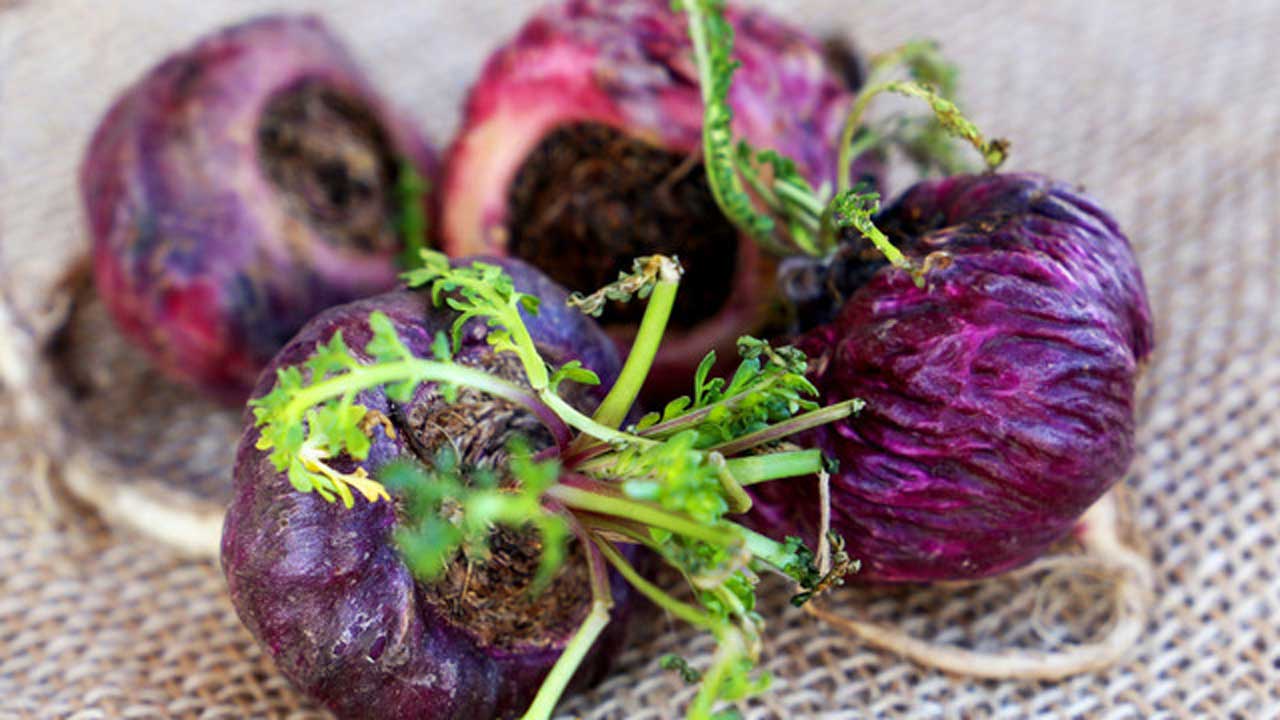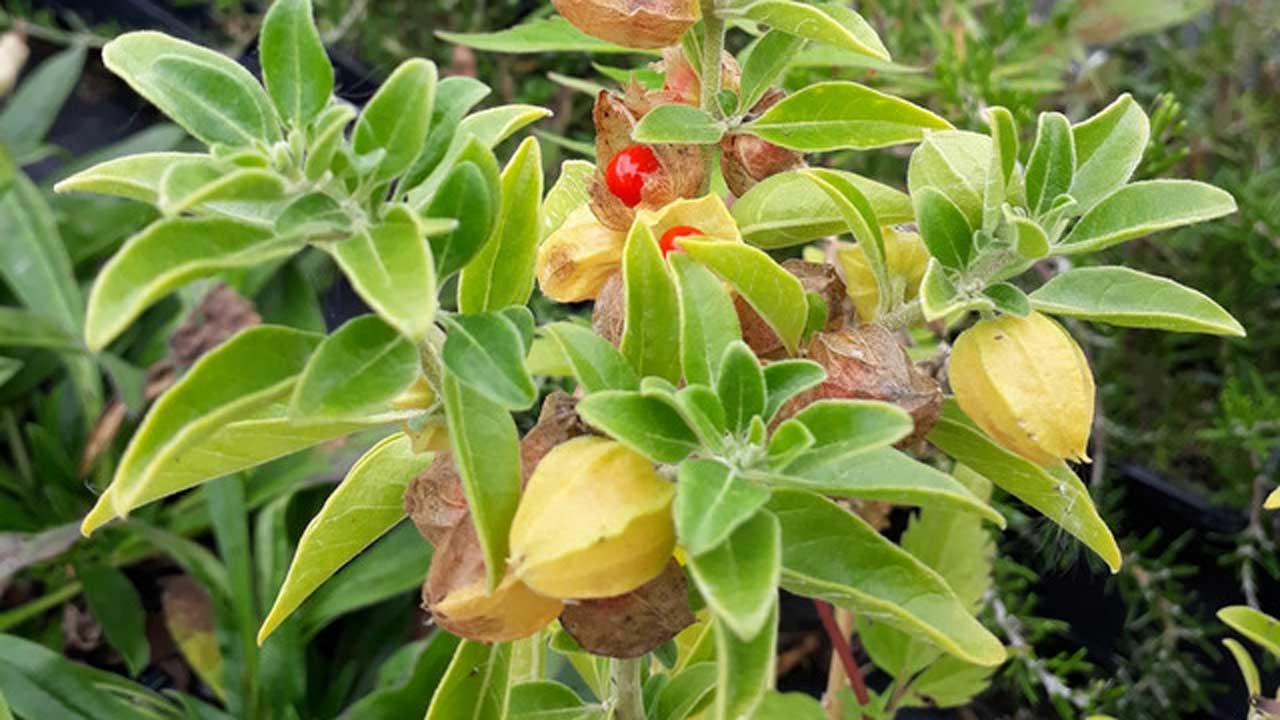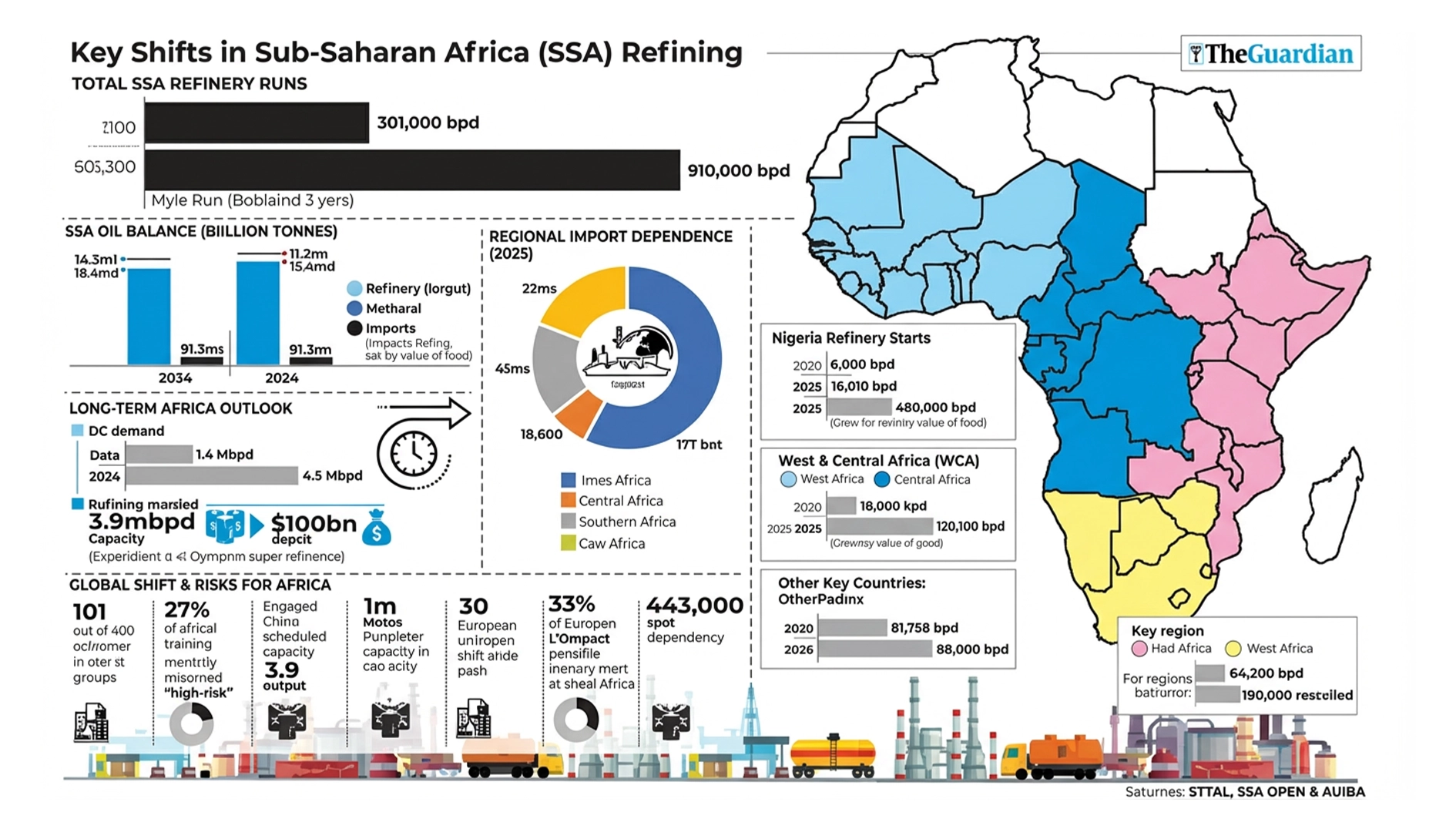
A herbal-based drug has been demonstrated to restore erection or rather satisfactory sexual activity in men with erectile dysfunction.
The new drug, Varban, is marketed in Nigeria by Fidson Healthcare plc. The active ingredients are sourced from medicinal plants: Lepidium peruvianum (Maca); Epimedium grandiflorum (horny goat weed); Gingko biloba; Panax gingseng; Withania somnifera; Chlorophylum borivillianum; Eurycoma longifolia; Avena sativa (wild oats).
Several studies have shown that the combination represents a safe and natural approach to enhancing sexual desire, performance and satisfaction. Each of these herbs has enjoyed a long history of use for these purposes, and recent clinical trials have supported their safety and efficacy.
According to medical experts, as hormone replacement therapy and erectile dysfunction drugs are associated with significant potential health concerns, individuals wishing to combat age-related decline in libido and performance – and those wishing to enhance their overall level of sexual satisfaction and performance – should, first consider use of these natural agents.
Erectile dysfunction (ED), formerly termed impotence, is defined as “the inability to attain and/or maintain penile erection sufficient for satisfactory sexual performance” or “the consistent or recurrent inability to attain and/or maintain penile erection sufficient for sexual satisfaction”.
A consultant gynaecologist and medical director, Optimal Specialist Hospital, Surulere, Dr. Celestine Ugochukwu Chukwunenye, told The Guardian that although some cases, particularly in younger men, may primarily reflect psychological concerns, in many cases ED results from organic disease—notably, cardiovascular disease, diabetes mellitus, hyperlipidemia, and hypertension. Thus, he said, ED may serve as a marker for medical conditions in need of treatment. “Regardless of the cause, however, ED can have negative effects on patients’ self-esteem, relationships, and overall quality of life,” Chukwunenye said.
A Nigeria study showed that approximately four in every 10 men at age 40 years and above would likely develop ED. In fact, the International Journal of Impotence Research has projected that the worldwide prevalence of ED is expected to increase to 322 million men by 2025. Meanwhile, other studies indicate that this health condition is highly prevalent in individuals with cardiovascular disease factors such as diabetes mellitus, dyslipidemia, hypertension, and other such diseases linked with endothelial dysfunction. Specifically, men with hypertension have a 15 per cent likelihood of developing severe erectile dysfunction and if they smoked, the likelihood increased to 20 per cent.
Over the years, several factors have been associated with erectile dysfunction in men. These factors include: advancing age; smoking and alcohol consumption; heart diseases; medication side effects such as blood pressure medications, anti-depressants; stress and anxiety; low testosterone; and inadequate sleep.
Chukwunenye said the management of erectile dysfunction depends on the cause and severity of the problem. The management also depends on the underlying health condition of the patient.
Several studies have shown the following non-drug measures may be considered in the therapy regimen for patients with erectile dysfunction: regular exercise; weight loss; decrease or stop alcohol consumption; avoid tobacco or substance abuse; avoid food with bad cholesterol; and adequate counseling.
Meanwhile, indications on Varban, showed that it is a natural nervine tonic made for males with erectile dysfunction, loss of vigour and vitality as well as premature ejaculation. It said Varban tablets are also helpful in patients with sexual neurasthenia and nervous exhaustion. “Varban is a quick-acting and natural aphrodisiac.”
An aphrodisiac is a type of food or drink that has the effect of making those who eat or drink it more aroused in a sexual way. Aphrodisiacs can be categorised according to their mode of action into three groups: substances that increase libido (that is, sexual desire, arousal), substances that increase sexual potency (that is, effectiveness of erection) and substances that increase sexual pleasure. Some well-known aphrodisiacs are Tribulus terrestrins, Withania somnifera, Eurycoma longifolia, Avena sativa, Ginkgo biloba, and Psoralea coryifolia. Ethnobotanical surveys have indicated a large number of plants as aphrodisiacs.
Reported benefits of Varban include: aids sexual arousal; enhances vitality and blood circulation to sexual organ; helps to stimulate the production of male sex hormone; corrects erectile dysfunction; and enhances libido.

Several studies have indicated the efficacy of the active ingredients in Varban tablets, either singly or in combination to restore and maintain erection and ‘cure’ premature ejaculation.
Avena sativa (wild oat)
Avena sativa or wild oat has been shown to nourish nerves, increasing tactile sensation of the genital area and increasing pleasure. In a study conducted at the Institute for Advanced Study of Human Sexuality, men experienced a 22 per cent increase in genital sensation and a 36 per cent increase in frequency of orgasms, and women experienced a 15 per cent increase in genital sensation and a 29 per cent increase in the frequency of orgasms, following regular supplementation with Avena sativa. The phrase “sowing one’s wild oats” is derived from the sexual-enhancement effects derived from Avena sativa.
Lepidium peruvianum (Maca)
The Maca plant, known scientifically as Lepidium meyenii or Lepidium peruvianum, is sometimes referred to as Peruvian ginseng.
Maca is a cruciferous vegetable related to broccoli, cauliflower, cabbage, and kale.
The demand for Maca products has grown in recent years, likely because of claims that the plant can promote libido and fertility. Maca root, the part of the plant most commonly used, contains fiber, amino acids, vitamins, and minerals.
It also contains other bioactive compounds, including macamides, macaridine, alkaloids, and glucosinolates, which are thought to be responsible for Maca’s medicinal benefits.
Some evidence suggests that taking concentrated Maca supplements may benefit those with low libido, or low sexual desire.
A 2015 study in 45 women who were experiencing antidepressant-induced sexual dysfunction found that taking 3,000 mg of Maca root per day for 12 weeks significantly improved sexual function and libido compared with a placebo.
A 2010 review that included four high quality studies with a total of 131 participants found evidence that taking Maca improved sexual desire after at least six weeks.
Taking Maca supplements may help improve certain aspects of fertility in people with sperm. For example, studies have shown that taking Maca may help improve sperm concentration, or the number of sperm per millilitre of semen. Sperm concentration is closely linked to male fertility.
A 2020 study assessed the effects of Maca in 69 men diagnosed with mild low sperm count or reduced sperm motility. Sperm motility is the ability of sperm to swim properly.
Epimedium grandiflorum (horny goat weed)
Horny goat weed is an over-the-counter herbal supplement that’s sold at most pharmacies and large retailers. The active ingredient is icariin, an extract of the Epimedium plant that’s reported to benefit people with ED.
While research is limited, horny goat weed is believed to be a possible therapeutic for congestive heart failure and osteoporosis, according to 2010 animal study in rats. However, it is probably most well known as a remedy for ED.
An animal study published in the Journal of Sexual Medicine involved investigating its effects on rats. Researchers found that rats treated with purified extract of horny goat weed showed improved erectile function.
In another study from 2008, researchers found that icariin is effective in inhibiting human PDE5, the substance that blocks erections, in test tubes. It also determined that sildenafil is 80 times more potent than icariin.
Ginkgo biloba
Ginkgo biloba extract derives from the leaves of the Ginkgo tree, grown in Korea, Japan, and France. It contains a reproducible composition of flavonoids and terpenoids with complex effects on blood viscosity, prostanoid production, platelets, and endothelial functions. 50 patients with proved arterial erectile impotence were treated with 240 mg of Ginkgo biloba extract by oral application for nine months. In contrast to previous studies on oral treatment regimens for erectile failure, objective response criteria were added to subjective success parameters: All patients who had achieved sufficient erections with intracavernous drug application before treatment regained spontaneous erections after six months of treatment and demonstrated improved penile flow rates and rigidity. Of 30 patients who could not achieve sufficient erections with high-dose intracavernous drug applications, 19 regained pharmacologically induced erections under therapy; 11 remained impotent. All patients in this group showed improved objective response parameters.
Panax ginseng (Ginseng)
Ginseng is a herb that contains various chemical compounds such as ginsenosides (a class of steroid glycosides and triterpene saponins). To date, about 150 different ginsenosides have been identified from the roots, leaves and stems, fruits and flower heads of ginseng. Recent results of studies in ginseng and ginsenosides show that they have beneficial effects on cardiac and vascular diseases, control of vasomotor function, adjustment of blood pressure and improvement in cardiac function. Consequently, pharmacological ingredients related to the effect of ginseng on erectile dysfunction should be identified to elucidate the underlying mechanism of action. In the case of P. ginseng, ginsenosides (a class of steroid glycosides and triterpene saponins) are reported as the most important active components. The mechanisms underlying the effect of ginseng in treating erectile dysfunction are thought to be related to multiple pathways. First, ginseng and ginsenosides promote endothelial nitric oxide (NO) release, resulting in improved penile hemodynamics of impaired endothelial L-arginine-NO activity, which exerts a direct effect on erectile dysfunction through triggering erections mediated by relaxation of the smooth muscles of the corpus cavernosum. Second, ginseng has the potential benefit of improved cardiovascular risk factors that include hypertension, hyperglycemia, hyperlipidemia, adjusted blood pressure, anti-fatigue and anti-stress effects, improved climacteric disorder and sexual functions, which are regarded to be important risk factors of erectile dysfunction. Ginseng’s effect might be related to central humoral regulation, which is involved in sexual arousal as well as physical energy enhancement through ginseng’s alleged anti-fatigue effect.
Withania somnifera (India ginseng)
Withania somnifera, commonly known as Ashwagandha, is widely utilised in Ayurveda, a traditional system of medicine in India, and is deemed an “adaptogen,” an herb that protects the body from stress and helps the body address the effects of stress. Ashwagandha has been shown to decrease cortisol levels in persons under chronic stress, restore healthy adrenal function, and normalise the sympathetic nervous system. Ashwagandha root extract is used to treat sexual weakness, erectile dysfunction, and performance anxiety in men and has been advocated to ameliorate diminished sexual desire in women and in all forms of sexual dysfunction, particularly where a depleted nervous system is playing a role.
Chlorophytum borivilianum
Safed Musli or Chlorophytum borivilianum (family: Lilliaceae) is a highly valued medicinal plant in India and is considered as “white gold” in Indian system of Ayurveda. This plant has been reported to possess a number of biological activities including antimicrobial, anti-inflammatory, and antipyretic, hepatoprotective, antioxidant, hypolipidemic and antidiabetic. Traditionally, C. borivilianum root has been used to treat male impotence, oligozoospermia and erectile dysfunction. Kenjale et al., reported that oral administration of 250 mg/kg/day of C. borivilianum root aqueous extract to normal, healthy male rats preserved sperm count, while Thakur et al., reported that oral administration of 200 mg/kg/day of this plant extract to adult hyperglycemic male rats provides protection against sexual dysfunction as indicated by high frequency mounting, intromission and ejaculation.
Eurycoma longifolia
Eurycoma longifolia, from the Simaroubaceae family, is a native herb to the forests in Malaysia, Indonesia, and Thailand. It is traditionally known as ‘Tongkat Ali’ among Malaysian, which is believed to enhance sexual performance. Tongkat Ali is popular for its aphrodisiac property and has been commonly used as an energy enhancer. Recent evidences suggest that water extract of the roots of Tongkat Ali can enhance testosterone level in men and can improve ED. Even though the mechanism of the effect of Tongkat Ali on ED remains unknown, it was postulated that a wide range of bioactive compounds including phenolic compounds, polypeptides, diterpenoids, alkaloids, and quassinoids might contribute to such effect. However, little is known on the efficacy of Tongkat Ali on aphrodisiac effect in human.






